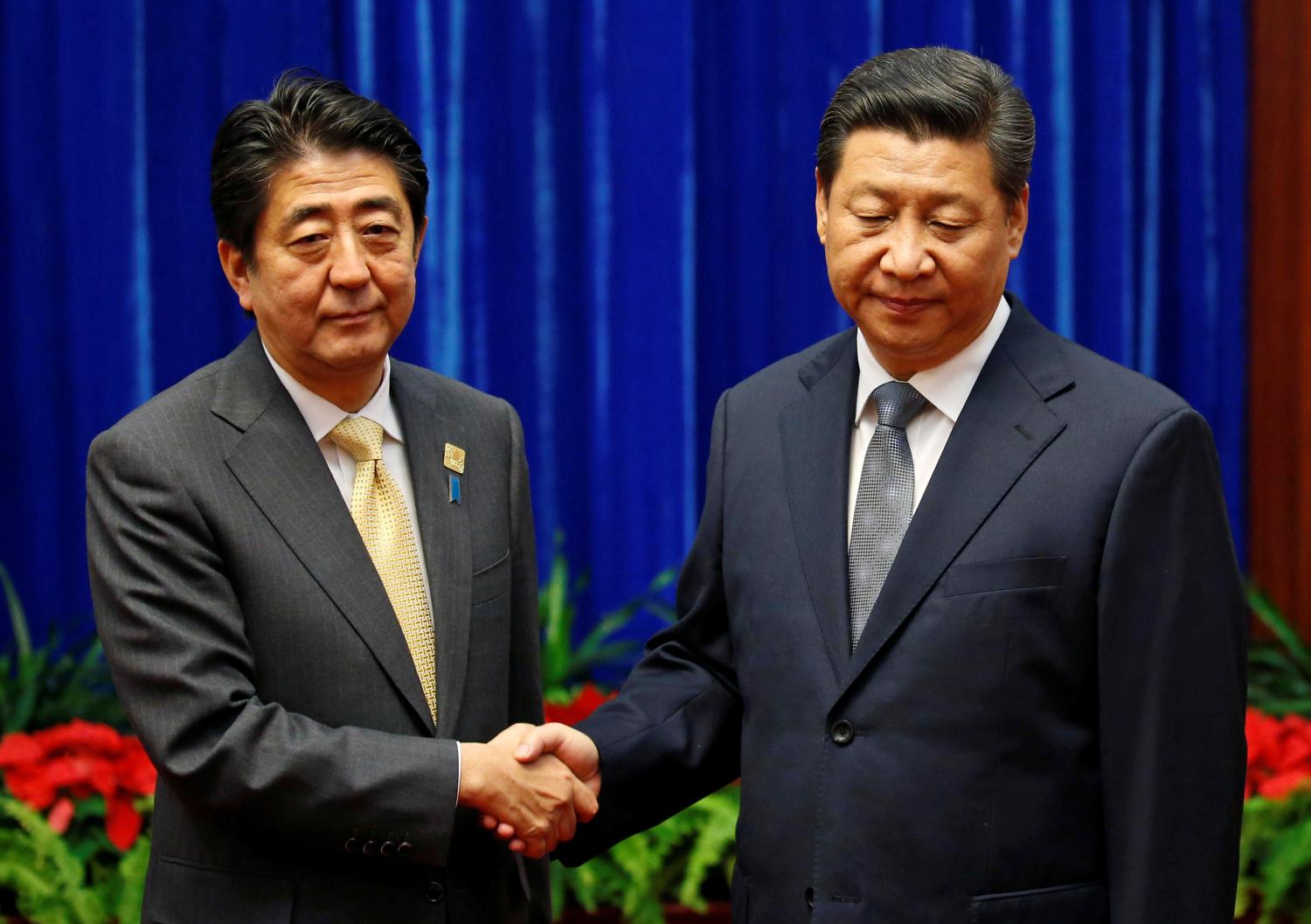INTRODUCTION
U.S.-Taiwan relations entered into a fresh new stage when presidential nominee of Taiwan’s then-opposition Democratic Progressive Party (DPP), Chen Shui-bian, won an historic election in March 2000. Though the DPP had long espoused a “pro-independence” policy for Taiwan, during the 2000 presidential campaign, candidate Chen tried to move to a “middle way” by adopting a moderate approach to the People’s Republic of China.
After he won the election with less than 40 percent of the popular vote, Chen decided to lead his DPP to forge normalization with Beijing by appealing to the concept of “a future one China.” In 2001, Chen continued his good will toward his Chinese counterpart by suggesting the “European integration model” as the basis for cross-strait rapprochement.
As the most powerful leader from the DPP and the so-called pro-independence “pan-green” camp, Chen could have led his party and its allies toward the middle ground of the independence-unification dichotomy if Beijing had accepted the olive branch he offered in 2000 and 2001. An internal DPP poll tracking sentiment for independence and unification between 1995 and 2009 showed that these forces were fairly equal in 2000 when Chen sought reconciliation with Beijing, with 35.1 percent supporting independence and 36.1 percent favoring unification.
The Brookings Institution is committed to quality, independence, and impact.
We are supported by a diverse array of funders. In line with our values and policies, each Brookings publication represents the sole views of its author(s).



